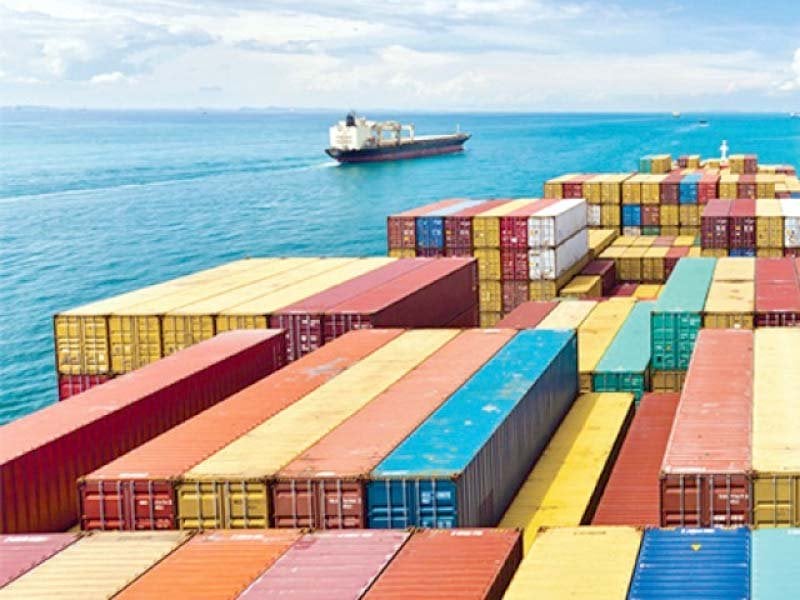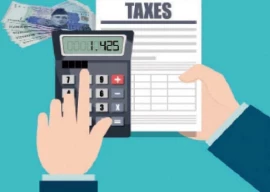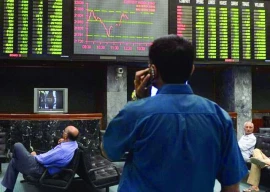
The trade deficit, which stood at $17.7 billion in July-December 2017, shrank 5% to $16.8 billion in the corresponding period in 2018, stated the Ministry of Finance in a late-night press statement.
It was unusual that the finance ministry issued a statement to announce the trade figures as the data is periodically released by the Pakistan Bureau of Statistics.
Overall imports during July-December 2018 shrank by over 2% or $700 million to $28 billion, it added.
The finance ministry said the trend was even more pronounced in respect of imports under the regulatory duties’ regime. The import value declined from $5.2 billion in July-December 2017 to $4.4 billion in July-December 2018, showing a contraction of 16%, it added.
The government’s policy measures have resulted in narrowing of the trade deficit, decline in imports and increase in exports which augurs well for the overall balance of payments of the country, said the finance ministry. However, the results are not very encouraging when it comes to exports, which is the key reason behind the declining non-debt creating foreign exchange earnings. The exports during the first half of the fiscal year amounted to only $11.2 billion -higher by just 1.8% or less than $200 million in the first half.
Trade deficit slightly contracts to $14.5b in five months
This is despite the fact that the central bank in consultation with the Ministry of Finance has devalued the currency by 32.7% since January last year. The central bank devalued the currency by over 15% since the start of this fiscal year.
Against an addition of $200 million in exports despite steep currency devaluation, the federal government booked additional Rs1.2 trillion in its external debt due to change in rupee-dollar parity since July.
Pakistan closed the last fiscal year with a $37.6-billion trade deficit, which became the key reason behind the highest ever current account deficit of $18.9 billion in the previous fiscal year. The PTI government wants to slash the trade deficit close to $26 billion, which seems highly impossible now.
The value of exported goods was 250% lesser than the value of imports. The imports of the country have started to ease due to the State Bank of Pakistan (SBP)’s numerous policy and administrative measures. Additionally, the federal government has imposed heavy regulatory duties on imported goods.
The trade balance in December 2018 compared to December 2017 shrunk by 19% from $2.9 billion to $ 2.3 billion, stated the finance ministry. This was also because of the contraction in imports instead of any major improvement in exports.
In December 2018, the imports in dollar terms declined to $4.3 billion compared to $4.9 billion in December 2017, which reflected an import compression of over 12%, said the finance ministry.
This trend is even more pronounced in December 2018 in respect of imports under regulatory duties regime (effective on 1994 tariff lines) wherein the imports declined from $896 million in December 2017 to $691 million in December 2018, said the finance ministry. It said that the import compression in December alone was 23%.
The data indicates that the import compression measures taken in the supplementary Finance Act, 2018 have firmly taken hold and are now effectively curtailing imports as per policy regime of the government. The data on import of containerised cargo also has shrunk by 9%.
There is a growth in exports of 5.5% in December 2018 compared to December 2017, said the finance ministry.
Published in The Express Tribune, January 11th, 2019.
Like Business on Facebook, follow @TribuneBiz on Twitter to stay informed and join in the conversation.























COMMENTS
Comments are moderated and generally will be posted if they are on-topic and not abusive.
For more information, please see our Comments FAQ